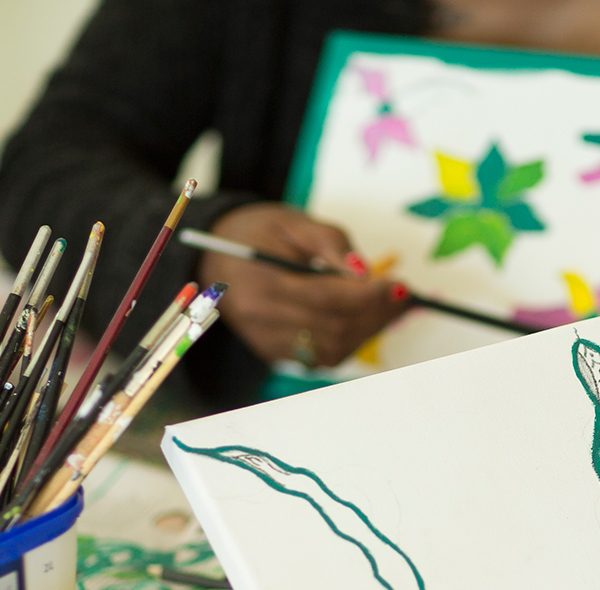
Women Exiting the Corrections System
In 2018 Synapse partnered with the NSW Department of Justice and Guthrie House, a not-for-profit transitional service for women exiting the prison system, to support women who may have a brain injury.
Read moreContent warning: the following article mentions family violence and assault.
No one should have to feel unsafe or worry for their children’s safety within their own home. Any assault to the head, neck, or airways can cause a brain injury.
The likelihood of suffering a brain injury also increases when assaults are repeated and frequent, this is the major concern when discussing brain injury and domestic violence. Those experiencing domestic and family violence see themselves sustain concussions, minor head injuries, and strangulation without having any understanding of the potential long-term consequences.
A brain injury can impact a person’s ability to leave a relationship, gain financial freedom, and engage with services and support. Many experiencing domestic and family violence find themselves managing an undetected brain injury, as long-term issues surface well after initial assessments. In 2016–17, almost 1 in 3 of the 21,400 hospitalisations for assault injuries were a result of domestic and family violence. According to the Australian Government’s report Family, domestic and sexual violence in Australia: continuing the national story (2019), head and neck injuries were the most common assault injuries, with almost 2 in 3 (63%) resulting in hospitalisations and 7% of brain injuries are inflicted by a spouse or domestic partner [i].
Brain injuries related to intimate-partner violence often remain unreported or undetected during clinical assessments, surfacing after the initial assault. Difficulties in understanding the prevalence of brain injury after domestic violence is compounded by a lack of specific screening tools, as well as issues classifying and diagnosing mild traumatic brain injury. [ii] A brain injury caused by strangulation may not show up immediately and may take weeks or months to develop after the assault. Concussion and mild brain injury do not show up on brain scans and can only be identified by symptoms, cognitive testing, and understanding the history of physical trauma.
When we take into consideration the causes of brain injury, the fact that medical tests might not show up the extent of a brain injury or at all, along with underreporting. It is logical that this reluctance happens and can be due to numerous circumstances, fear or shame for the person seeking medical help. The inability to correctly assess for brain injury will continue to impact on a person’s life and those around them.
For Aboriginal and Torres Strait Islander communities, where family violence occurs at higher rates, the problem is even greater. Research conducted by Western Sydney University, James Cook University, and Synapse found that Aboriginal and/or Torres Strait Islander women are 69 times more likely to have a head injury after being assaulted than non-Aboriginal and Torres Strait Islander women. [iii]
In 2016-17, almost 1 in 3 of the 21,400 hospitalisations for assault injuries were a result of domestic and family violence. [i] 2014–15, 1 in 7 (14%) Indigenous women experienced physical violence in the previous year. Of these, about 1 in 4 (28%) reported that their most recent incident was perpetrated by a cohabiting partner (ABS 2016).
One study of women in three domestic violence shelters found that:
The more times individuals had been hit in the head or shaken, the more severe, and the more frequent, were their symptoms. [iv]
People affected may not receive appropriate treatment due to being unaware of the link between these assaults and delayed symptoms. A brain injury caused by strangulation, for example, will not show up immediately, but can develop in the weeks and months after the event. Similarly, concussion/mild-brain injuries, do not show-up on brain scans, but are identified only by symptoms, cognitive testing and history of physical trauma. One study indicated that functional impairment was present for up to 33% of cases at 3 months and 22% at 1 year.[v]
Crucially, brain injury can impact people’s capacity to recover from their experiences and safeguard their future wellbeing.
Engaging, training, and upskilling around brain injury and treatment methods are paramount to recognising possible injury. It is essential that police, lawyers, health professionals, and domestic and family violence service professionals are engaged, trained, and upskilled to ensure brain injury is understood and can be screened for in metro, regional, and rural areas. People who use violence also need access to identification, support, evaluation, and services, to ensure the best support to enable behaviour change.
As the impact of domestic and family violence is seen across Australia and governments are placing great budgetary emphasis on assisting victims. Synapse knows that addressing the often-underlying brain injury within a domestic and family violence situation can change lives and allow for proper support and interventions that can make a real difference.
Underreporting highlights the need for increased awareness and improved assessment procedures to address the hidden aspects of intimate-partner violence. Domestic violence service providers should screen everyone who seeks services for brain injury, and, when a brain injury is suspected, refer for specialised screening, evaluation, and services.
[i] Australian Institute of Health and Welfare (2019). Family, domestic and sexual violence in Australia: continuing the national story, for the Australian Government. Available at: https://www.aihw.gov.au/reports/family-domestic-and-sexual-violence/family-domestic-and-sexual-violence-in-australia-c/summary
[ii] Amanda St Ivany, Susan Kools, Phyllis Sharps and Linda Bullock, ‘Extreme Control and Instability: Insight Into Head Injury From Intimate Partner Violence’ (2018) 14(4) Journal of Forensic Nursing 198-205.
[iii] Fitts, M. S., Cullen, J., Kingston, G., Wills, E., & Soldatic, K. (2022). “I Don’t Think It’s on Anyone’s Radar”: The Workforce and System Barriers to Healthcare for Indigenous Women Following a Traumatic Brain Injury Acquired through Violence in Remote Australia, International Journal of Environmental Research and Public Health, 19(22), 14744. Available at: https://doi.org/10.3390/ijerph192214744.
[iv] Jackson, H., et al. (2002). Traumatic Brain Injury: A Hidden Consequence for Battered Women. Professional Psychology: Research and Practice, 33, 1, 39-45.
[v] https://www.ncbi.nlm.nih.gov/pmc/articles/PMC6586466/
[vi] J. Corrigan et al., Early Identification of Mild traumatic Brain Injury in Female Victims of Domestic Violence, American Journal of Obstetrics & Gynaecology, Vol. 5, No. 8, 2003, p.72.; E.M Valera & H. Berenbaum, Brain injury in battered women, Journal of Consulting and Clinical Psychology, Vol. 71, No. 4, 2003, p.4.; ARBIAS, Looking Forward Acquired Brain Injury, (Brunswick VIC: ARBIAS, 2011) p.8.; C.E Murray et al., What Professionals who are not Brain Injury Specialists Need to Know about Intimate-Partner Violence-Related Injury, Trauma, Violence & Abuse, Vol. 17, No. 3, 2015, p.4.; Brain Injury Australia, Fact Sheet 6: Family Violence & Acquired Brain Injury; Northcote VIC: BIA, n.d., p.1.

In 2018 Synapse partnered with the NSW Department of Justice and Guthrie House, a not-for-profit transitional service for women exiting the prison system, to support women who may have a brain injury.
Read more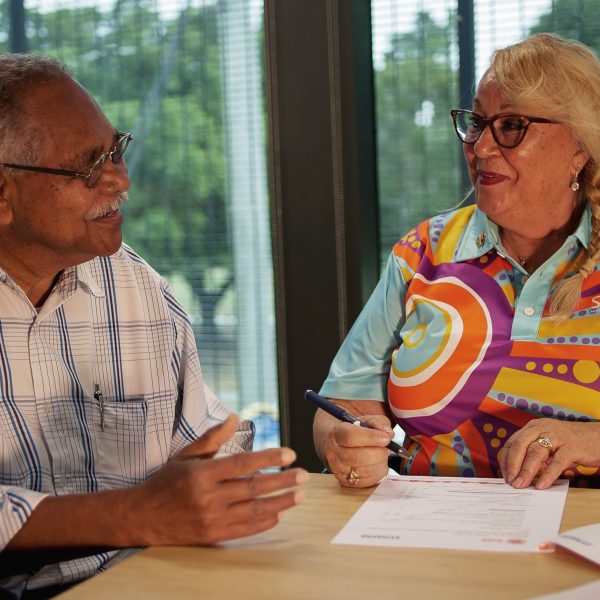
The Guddi Way Screen is a culturally developed tool to identify cognitive impairment as a result of a brain injury in Aboriginal and/or Torres Strait Islander people.
Read more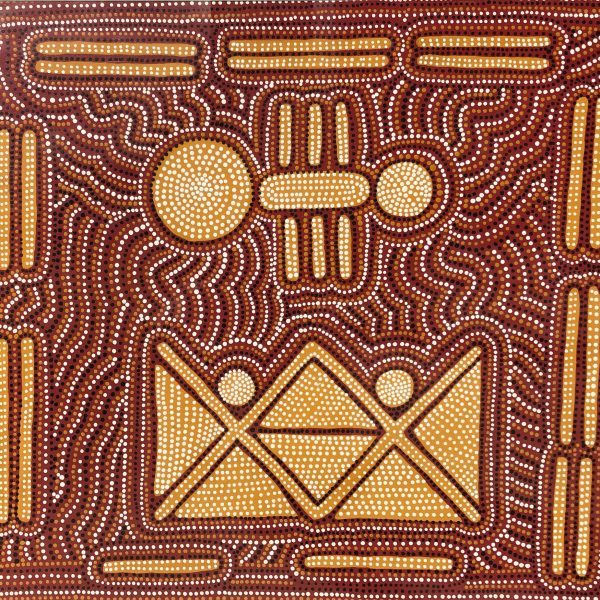
Synapse is working with Griffith University to review the processes for assessing the disability needs of Aboriginal and/or Torres Strait Islander prisoners.
Read more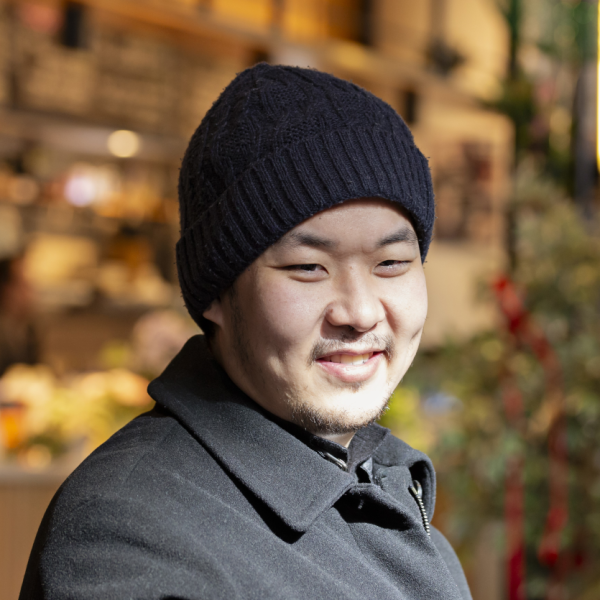
Tailored personal support across aspects of daily living, enabling you or someone you support to participate in desired community, vocational and educational activities.
Read more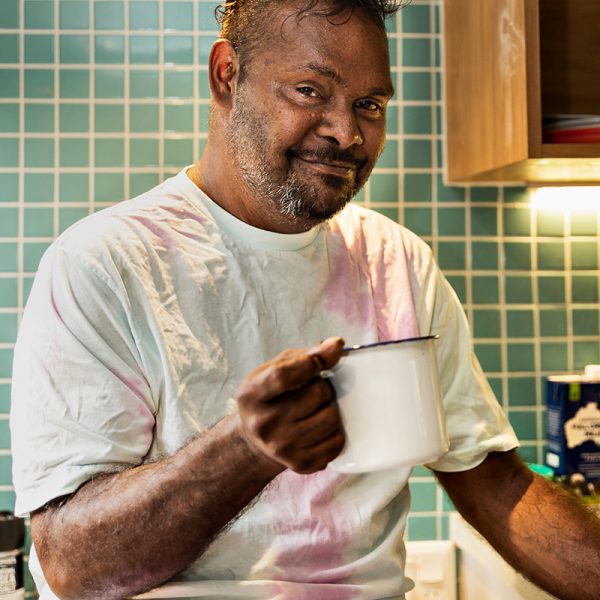
Information and practical housing support options to help you or someone you support live in the home and community of their choice.
Read more
Our Information & Referral team provides specialist information and advice to help manage the impacts of brain injury and better navigate the systems of available care and support.
Read more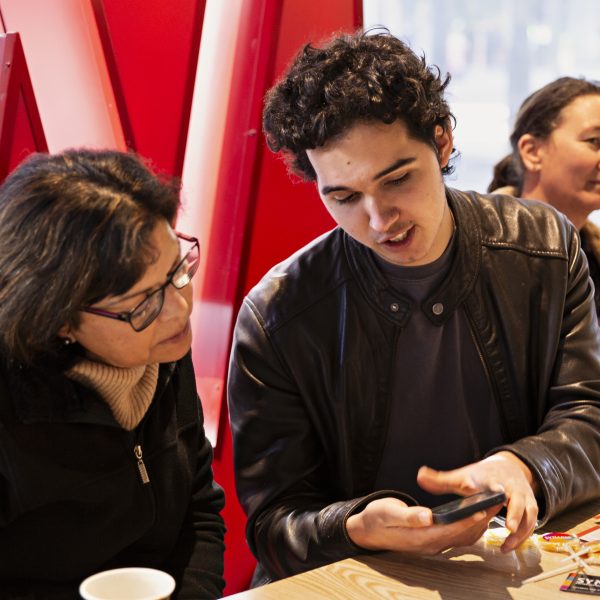
Registered NDIS pre-planning, support coordination and specialised services to ensure you, or the person you are caring for, get the most suitable support.
Read more
Synapse delivers unique training to help you, and your team, better understand the needs of people impacted by brain injuries.
Read moreIf you’ve got questions or need advice, support or further information, get in touch with us today. We’d love to help